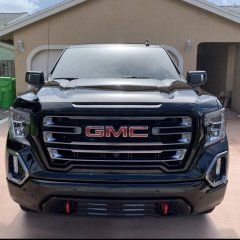Gas ?
-
Recently Browsing 0 members
- No registered users viewing this page.
-
Forum Statistics
247.7k
Total Topics2.6m
Total Posts -
Member Statistics
-
Who's Online 0 Members, 0 Anonymous, 987 Guests (See full list)
- There are no registered users currently online















Recommended Posts
Join the conversation
You can post now and register later. If you have an account, sign in now to post with your account.